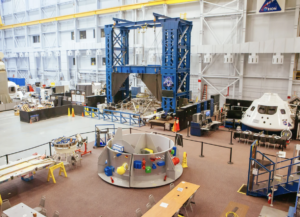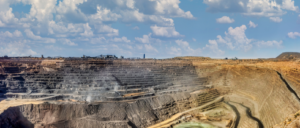The Icelandic volcano has once again made headlines with its seventh eruption in just one year. This latest eruption occurred on Wednesday night near the country’s capital, Reykjavik.
The Icelandic Met Office reported that the volcanic fissure, located on the Reykjanes Peninsula in the southwest of the country, spans approximately 3 kilometers (1.9 miles) in length. The eruption began at around 11 p.m. local time, and after three hours, the authorities noted that the fissure seemed to have stopped expanding.
Thankfully, air traffic to and from Iceland remained unaffected, with flights operating as usual the following day. This eruption was notably smaller than the previous one that occurred on August 22, when a 4-kilometer (2.5-mile) fissure opened up in the same region.
As a precautionary measure, two hotels and a geothermal power facility at the famous Blue Lagoon were evacuated. The Blue Lagoon has had to close multiple times in the past year due to volcanic activity, and this latest eruption further disrupted its operations.
Located near Grindavik, the Blue Lagoon attracts visitors from around the world, but they were ordered to evacuate as the volcano erupted. The municipality of Grindavik, however, was deemed safe from the volcanic flow, according to Snorri Valsson, a spokesperson for the Icelandic Tourist Board.
The Svartsengi Power Plant and the two hotels at the Blue Lagoon were swiftly evacuated, along with a few residents in the town amounting to 60 individuals. Fortunately, the Blue Lagoon was empty at the time of the eruption as it was after-hours.
This recent eruption on the Reykjanes Peninsula marked the tenth volcano to erupt in Iceland since January 2020. The country’s unique geological location, straddling the boundary between the European and North American tectonic plates, makes it one of the most active volcanic regions globally. With a population of nearly 400,000, Iceland is no stranger to seismic activities.
Last year alone, Iceland experienced over 1,000 earthquakes in a single day, underscoring the region’s volcanic volatility. Despite this, Iceland has established robust monitoring and emergency response systems to help manage such events and ensure the safety of its residents and visitors.
As the world continues to witness frequent volcanic activity in Iceland, the country remains vigilant and prepared to respond effectively to these natural phenomena. The seventh eruption in a year serves as a reminder of Iceland’s dynamic geology and its resilience in the face of such challenges.






